Mistakenly, I assumed that politicians supporting Kate Forbes’ campaign to succeed Nicola Sturgeon as leader of the SNP understood she has certain views which diverge from modern orthodoxy. I assumed her pro-life credentials on the question of abortion could be accompanied by an acceptance that, whatever her personal views, the law – and debate – on abortion was settled.
If this was all, I thought, priced-in, I also assumed that Forbes would have a better answer to questions she must surely have anticipated. For reasons that are currently hard to understand, Forbes is engaging in a live experiment to see if you can become leader of a political party without doing any politics.
Yesterday, Forbes confirmed something which was hardly a secret. Had she been a member of the Scottish parliament at the time, she would have voted against same-sex marriage. This cannot, surely, surprise many of her erstwhile supporters. Yet it seems to have done so and a number of MSPs previously backing Forbes have deserted her this morning. This seems inauspicious.
The round of radio interviews Forbes is currently conducting may be making matters worse. Asked if gay relationships or gay marriage is sinful, Forbes responds: ‘The Bible says sin is universal’.
Forbes has handled a genuine issue ineptly
Well, doubtless it does but what do you think? And even if sin is universal – a plausible proposition, regardless of your religious conviction – this is not necessarily what voters wish to hear from their political leaders in 2023.
The Free Church of Scotland, of which Forbes is, like Ian Blackford, a member takes a pretty uncompromising line on a host of issues. Whereas Forbes’ rival Humza Yousaf says he divorces his Muslim faith from his politics, Forbes plainly finds this more difficult to do. Even if this were not so, Christianity – and especially evangelical or old-school protestantism – is probably the least respectable faith to have in British politics today.
Still, Forbes has handled a genuine issue ineptly. Most politicians could talk their way out of the crime of having held views a decade ago that were commonplace 25 years ago. Incorrectly, I assumed she would say something like:
‘I would have voted against same-sex marriage but I would have been wrong to do so. I have since changed my mind.’
This would not have been perfect but it would have been better, surely, than implying – as she has done in a series of interviews – that she has not in fact changed her mind and still disapproves of the marriages celebrated by many gay Scots since 2014.
I think Forbes would, in time, be a vastly more effective first minister than Yousaf. The better government of Scotland does require someone with some economic intelligence and it is past time someone with that quality inhabited Bute House. But even as early as Day Two, it is hard to avoid the conclusion Forbes has sunk her own campaign.
That is splendid news for Labour and the Conservatives, each of whom correctly note that Humza Yousaf has been accompanied by calamity at every stage of his ministerial career. The Unionist parties believed Forbes would be their most formidable adversary.
But, like me, they perhaps under-estimated the difficulties a particular type of presbyterian might have in leading a political party that has travelled a long, long way since the Scottish parliament was established in 1999.
The round of radio interviews Forbes is currently conducting may be making matters worse
One of the first great clashes in the new parliament concerned the Labour-Lib Dem coalition’s plans to revoke Section 28 provisions prohibiting the ‘promotion’ of homosexuality in schools. An almighty row broke out. Tabloid newspapers went to war with the government; Brian Souter, the bus magnate and SNP donor, organised a mock ‘referendum’ conducted by his ‘Keep the Clause’ pressure group which, while having no legal authority at all, revealed that more than a million voters were so opposed to repeal they were prepared to take part in a pantomime postal referendum.
They were not alone. The Conservative party was opposed to repeal and while the SNP eventually supported scrapping the clause, it was much more equivocal on the issue than it would care anyone to remember now. When the votes from Souter’s pretend-referendum were announced, the SNP’s education spokeswoman, a certain Nicola Sturgeon, said:
‘That is why the SNP have urged a policy for many months that we believe can provide people with the necessary reassurance, by providing a statutory underpinning to the guidelines, and resolve this difficult debate. We believe that the value of [heterosexual] marriage should be clearly referred to in the guidelines’.
Scotland repealed Section 28 (technically Section 2B in Scotland) before the rest of the United Kingdom but the experience of doing so was a brutal, bruising one. This may help explain why, when it came to legislating for same-sex, or equal, marriage, the Scottish government led by Alex Salmond preferred, or at any rate was careful, to allow David Cameron’s coalition ministry in London to lead the way. Cameron’s gay marriage bill passed, albeit with considerable Conservative opposition, in 2013; Salmond’s bill for Scotland did not become law until the following year. The path had been cleared.
I do not mean to pick on Sturgeon. Or indeed upon Salmond. This is a subject upon which people can change their views. The public certainly has. According to the British Social Attitudes Survey, in 1990, 58 per cent of people in Britain thought ‘sexual relations between two adults of the same sex’ were ‘always wrong’. Just 15 per cent thought them ‘not wrong at all’. By 2000, those figures were 37 per cent and 34 per cent respectively, and by 2012 more than twice as many people (47 per cent) were wholly untroubled by gay sexual relations as remained convinced these must be wrong (22 per cent).
By any reasonable standard, this is an astonishingly rapid, and complete, social transformation. So thorough and so quick, in fact, that it is as unusual as it is welcome.
Politicians have to politician, however. So in 2008, campaigning to be president of the United States, Barack Obama was asked to define marriage and he said:
‘I believe that marriage is the union between a man and a woman. Now, for me as a Christian – for me – for me as a Christian, it is also a sacred union. God’s in the mix’.
This was Obama’s public position because that is what public opinion at the time demanded. Privately, his views were more liberal and he chafed, or so it was said, at the restrictions imposed by politics on the expression of his personal views.
Nevertheless, it is a mark of how far the world has shifted that a candidate to be leader of the SNP may be ruined by expressing a view little different from those publicly expressed by Barack Obama just 15 years ago.
I do not believe that Kate Forbes is, personally, a bigot but then I am not much interested in purity tests. Tolerance, as she has said, is rooted in difference and disagreements. Nevertheless, political leadership also demands bomb-dispersal skills and on the basis of the first 24 hours of her campaign Forbes does not yet possess these.
If, as it may well be, her campaign is sunk that will be both a shame and her own fault. That is partly a matter of her faith but it is also because of her inability, on these questions anyway, to tell a useful kind of lie.
The prospect of Humza Yousaf, first minister of Scotland, then, is now extraordinarily real. But more on that at another time.
Got something to add? Join the discussion and comment below.
Get 10 issues for just $10
Subscribe to The Spectator Australia today for the next 10 magazine issues, plus full online access, for just $10.


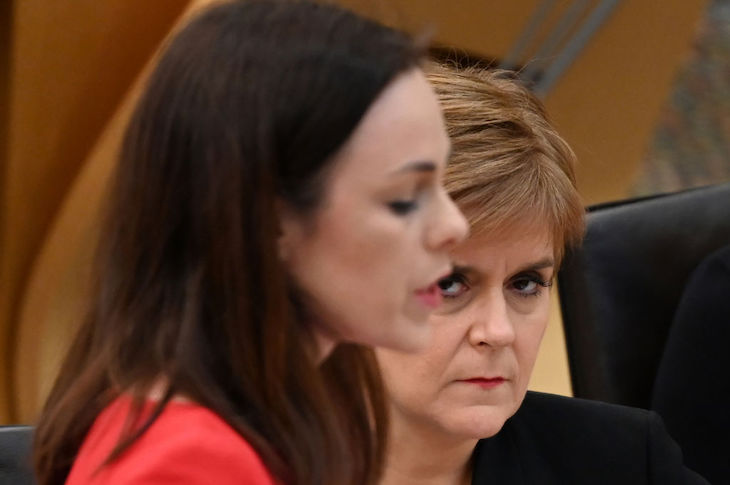
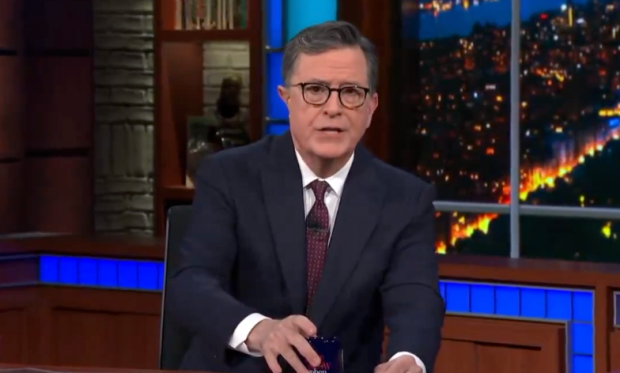
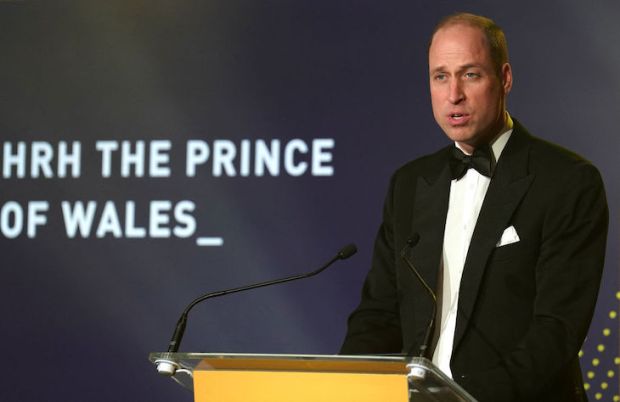
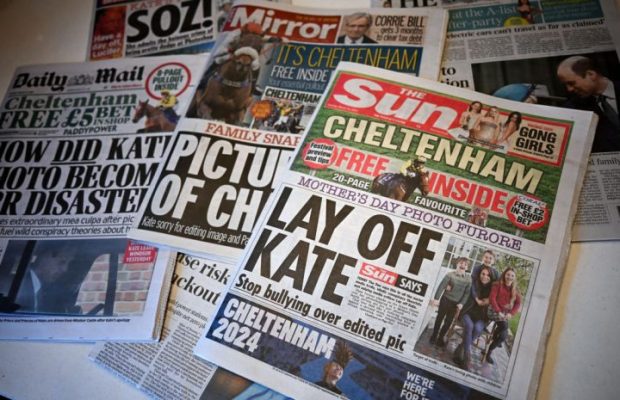

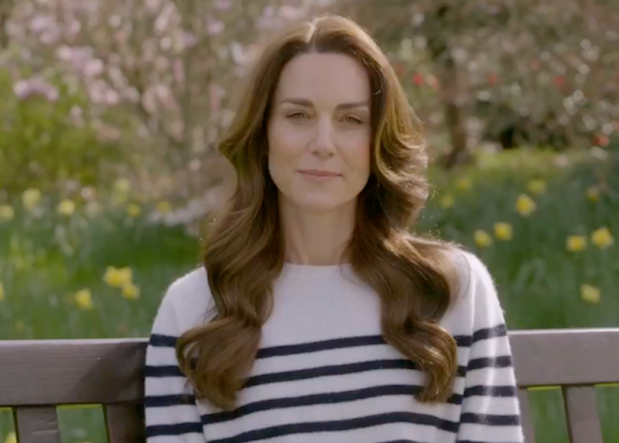













Comments
Don't miss out
Join the conversation with other Spectator Australia readers. Subscribe to leave a comment.
SUBSCRIBEAlready a subscriber? Log in